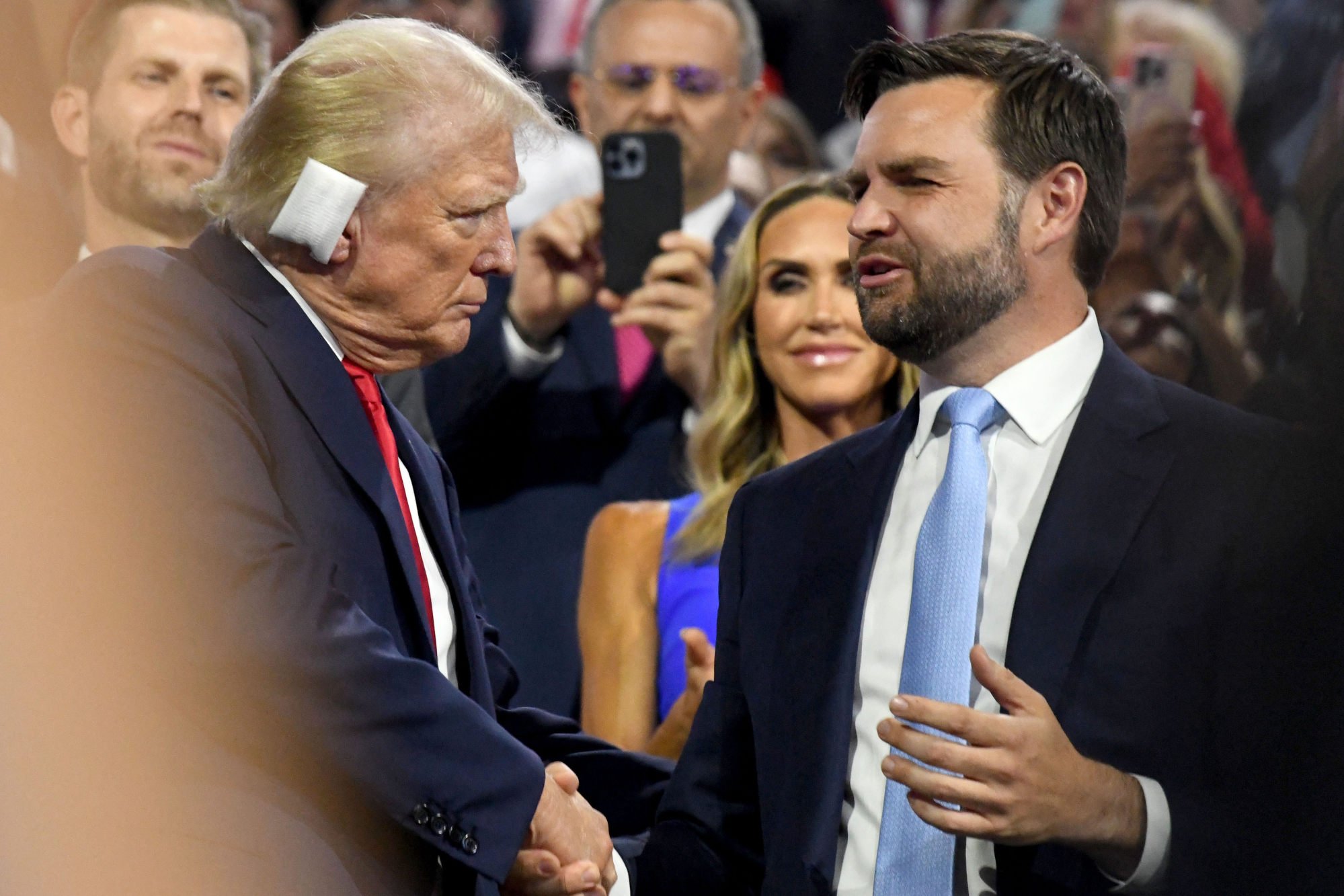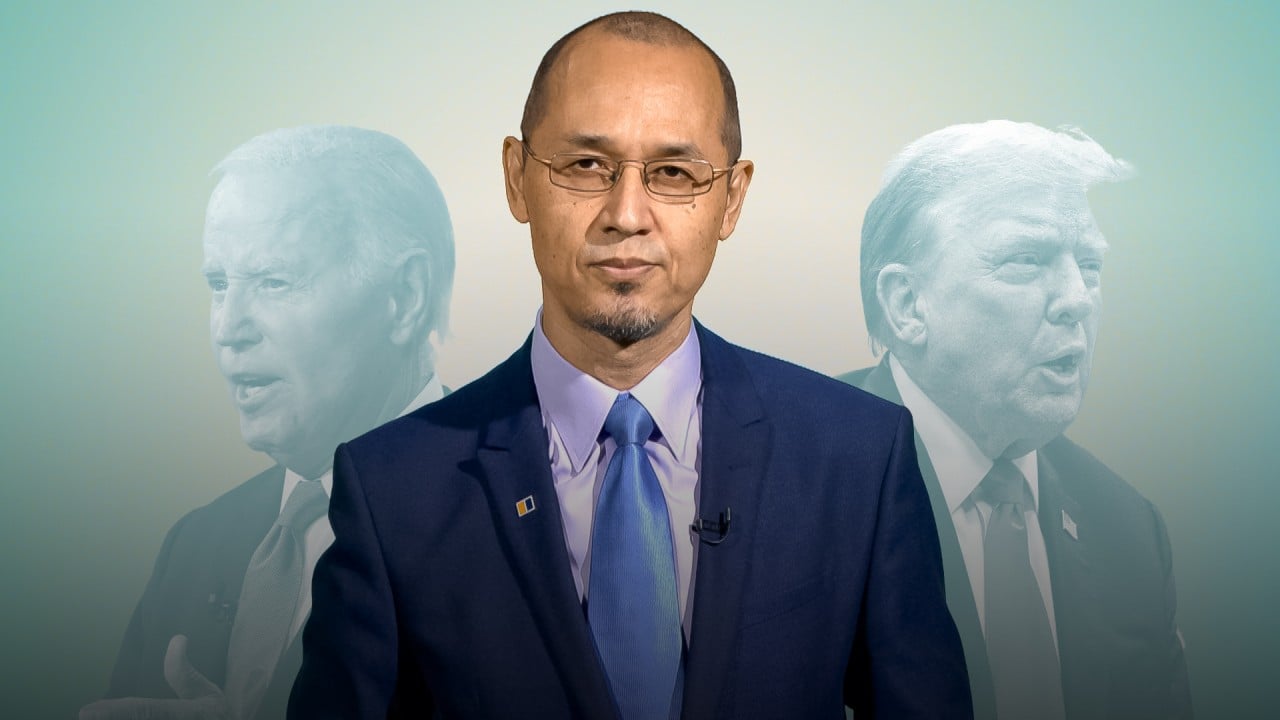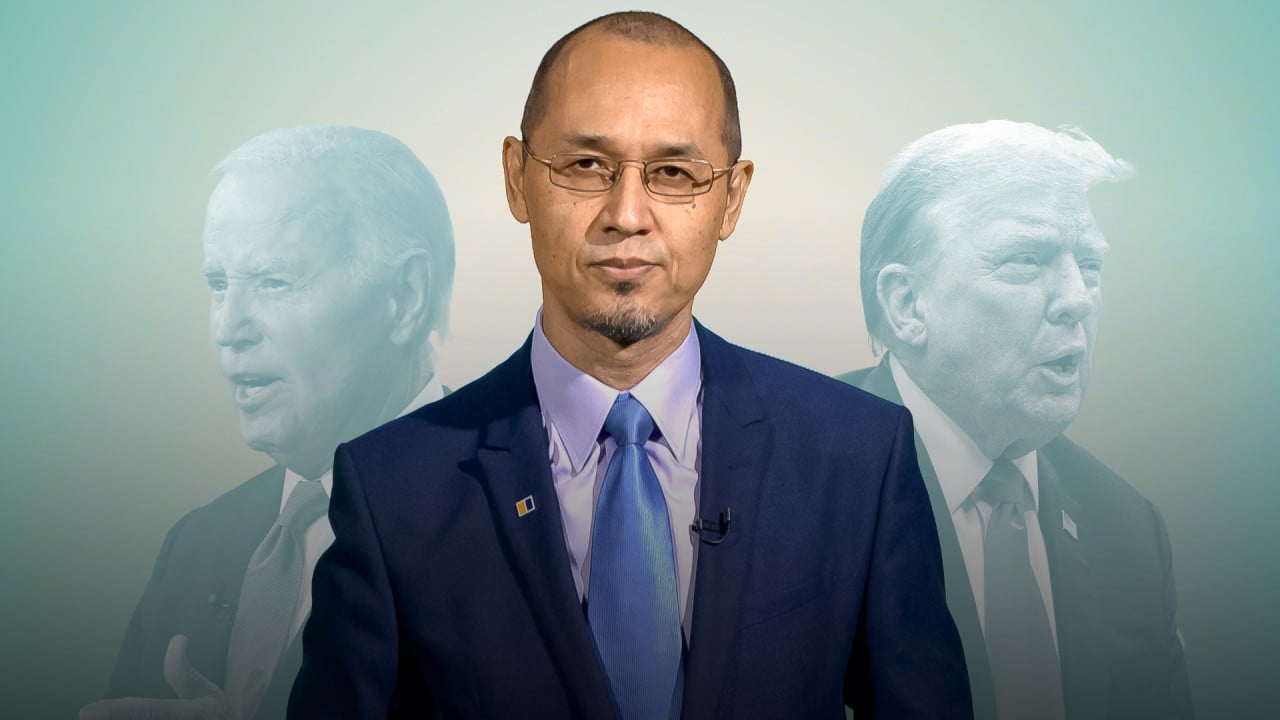US presidential candidate Donald Trump and his running mate J.D. Vance are expected to see eye to eye on China, including on the two biggest issues: trade and Taiwan.
After gaining the Republican nomination for vice-president, the 39-year-old senator told Fox News on Monday that the focus of US foreign policy would be China, which he described as “the biggest threat” to his country.
Vance is known as a China hawk and a loyal supporter of Trump’s “America first” agenda. He has long backed pivoting US foreign policy towards East Asia, supporting Trump’s plan to increase tariffs on Chinese goods that were undercutting American workers.
Zhu Junwei, director of the Centre for American Studies at the Grandview Institution, said Vance would likely join Trump in arguing for less foreign policy attention on Ukraine and more on China.
“Vance will not have much objection to Trump on his overall China policy,” Zhu said.
“Trump’s main concern is more about tariffs. The direction of his China policy still probably depends on his choices for secretary of state or secretary of defence. The role of vice-president may be not that big in this regard.”
Trump, who launched a trade war against Beijing in his first term, threatened to increase tariffs to 60 per cent on all Chinese imports if re-elected. The administration of rival Joe Biden has already imposed US$18 billion worth of tariffs on Chinese goods, including a 100 per cent duty on electric vehicles.
Vance is a sceptic of renewable energy and climate change, and introduced a bill to scrap federal tax credits for EVs that he said helped “offshore” American workers’ jobs to China.
Wu Xinbo, dean of the Institute of International Studies at Fudan University in Shanghai, said a Trump-Vance administration would be more involved in the Taiwan issue.
“[Vance] would strengthen and increase tech restrictions and suppression of China,” Wu said.
“[He would] pay great attention to the Taiwan issue because he [believes] that it is very important to the US economy, especially in terms of chips.”
That was apparent in January when Vance told right-wing cable TV channel Real America’s Voice that if mainland China attacked Taiwan, the US would lose a lot of chips and new technologies “that are necessary to power the modern economy”.
“We can’t let the Chinese walk into Taiwan,” Vance said.
Beijing sees Taiwan as part of China to be reunited by force if necessary, and most countries do not recognise Taiwan as an independent state.
These include the United States, though it is opposed to any forcible change to the status quo and is bound by law to provide arms to Taiwan for its defence.
The US started to limit exports of semiconductors to China during the Trump administration to curb Beijing’s hi-tech development, which Washington saw as a threat to its defence.

In the same TV interview, Vance also compared Ukraine with Taiwan, saying the Ukraine war was “inviting Chinese aggression because they know we don’t have the weapon systems to support both Ukraine and Taiwan”.
Vance was a major opponent of US aid to Ukraine and urged an end to the war to allow the US to focus on China. A Republican official at the national convention reportedly told Russian state news agency Tass that Trump was ready to have a dialogue with Putin “without intermediaries”.
Trump and his former officials have repeatedly accused Biden of being weak on China over Taiwan, with some of Trump’s cabinet hopefuls echoing Vance’s call for a pivot from the Middle East and Ukraine to the Indo-Pacific and Taiwan.
One of those hopefuls, former senior Pentagon official Elbridge Colby, told a US China strategy forum at the Council on Foreign Relations last month that “hard military power at the right place at the right time” was needed to deter Beijing from “a determined attack on Taiwan”.
Colby, a deputy assistant secretary of defence for strategy and force development under Trump, is believed to be a prime candidate to become the next national security adviser if the former president is re-elected.
Zhang Jiadong, a US studies researcher from Fudan University, agreed that if they gained office, Trump and his new government would shift the focus of US foreign policy from the conflicts in Ukraine and Gaza to China.
“It is possible for the US to force Russia and Ukraine into negotiations to resolve their conflict, and then ease its stand on Russia, or even win over Russia to focus on China,” he said.
Diao Daming, a Renmin University professor specialising in US politics, said Vance would have limited influence on Trump’s foreign policy, as the former US president seemed to have become more “decisive” and emphasise his own ideas more now than in his first term.
“Now it seems that he may place more emphasis on … the loyalty of others, and everyone will be an executor,” Diao said.



